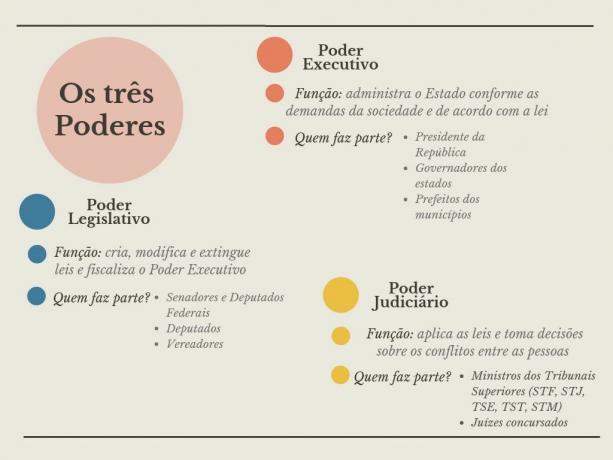Censorship is a word with Latin origin censorship which means the act or effect of censoring. Censorship can also be synonymous with rebuke or reprimand. Furthermore, censorship is a well-known form of restriction of freedom and knowledge, normally exercised by a dictatorship.
Censorship can also consist of a critical analysis of a particular literary or artistic work, before it is presented to the general public.
Censorship can be a condemnation by a Church of a person who was not in accordance with established principles. Later, the main ecclesiastical penalties came to be known as excommunication, interdict or suspension. The Church also censored certain literary works, with the aim of preserving the faith and morality of those who believed.
Censorship was often an instrument used by dictatorship regimes as a way to prevent certain information from reaching the general public. Information leads to knowledge, and knowledge is power. Thus, a people who do not have access to information (or "free" information) is a weakened people, easily controlled by the dictatorial government.
Censorship may be present in television, at song, at the movie theater or in the Internet. In many cases, and these days, a lighter type of censorship is done to prevent inappropriate content (sexual or offensive language) from being made available to children. Internet censorship is more complicated because it is a medium where it is not possible to exercise absolute power, making it difficult to control the content available.
The expression "motion of censure" is a mechanism used to control or condemn a particular Government when its general policies are considered inadequate.
Censorship in the Military Dictatorship
In April 1964, João Goulart's government was overthrown by a coup led by a military force. The military dictatorship regime began a few days later.
Institutional acts were created that reinforced the Military Government, and the best known - AI-5 - was created in December 1968, and nullified all elements of the 1967 Constitution that could be used against power instituted.
Several other measures emerged, among them the creation of a Superior Council of Censorship, whose objective was to control and judge media organs that did not comply with the established rules. Correio da Manhã was one of these bodies, which ended up closed in 1970. Some authors claim that the first censors listed by Military dictatorship they were journalists.
Censorship occurred in various cultural manifestations such as cinema, literature and television. Between 1968 and 1978, hundreds of books, songs and plays were banned by the censors.
Many artists were imprisoned or exiled, others saw their work cut off by censorship. In the vast list of most censored artists are Caetano Veloso, Elis Regina, Milton Nascimento, Chico Buarque and Raul Seixas, who are some of the best known names.
Despite censorship, some artists managed to circumvent censorship through their creativity and writing genius. A clear example is the music Cup, by Chico Buarque, where the word "chalice" is compared to "shut up" and the phrase "Father, take that chalice away from me" may mean "take that Regime away from me".

